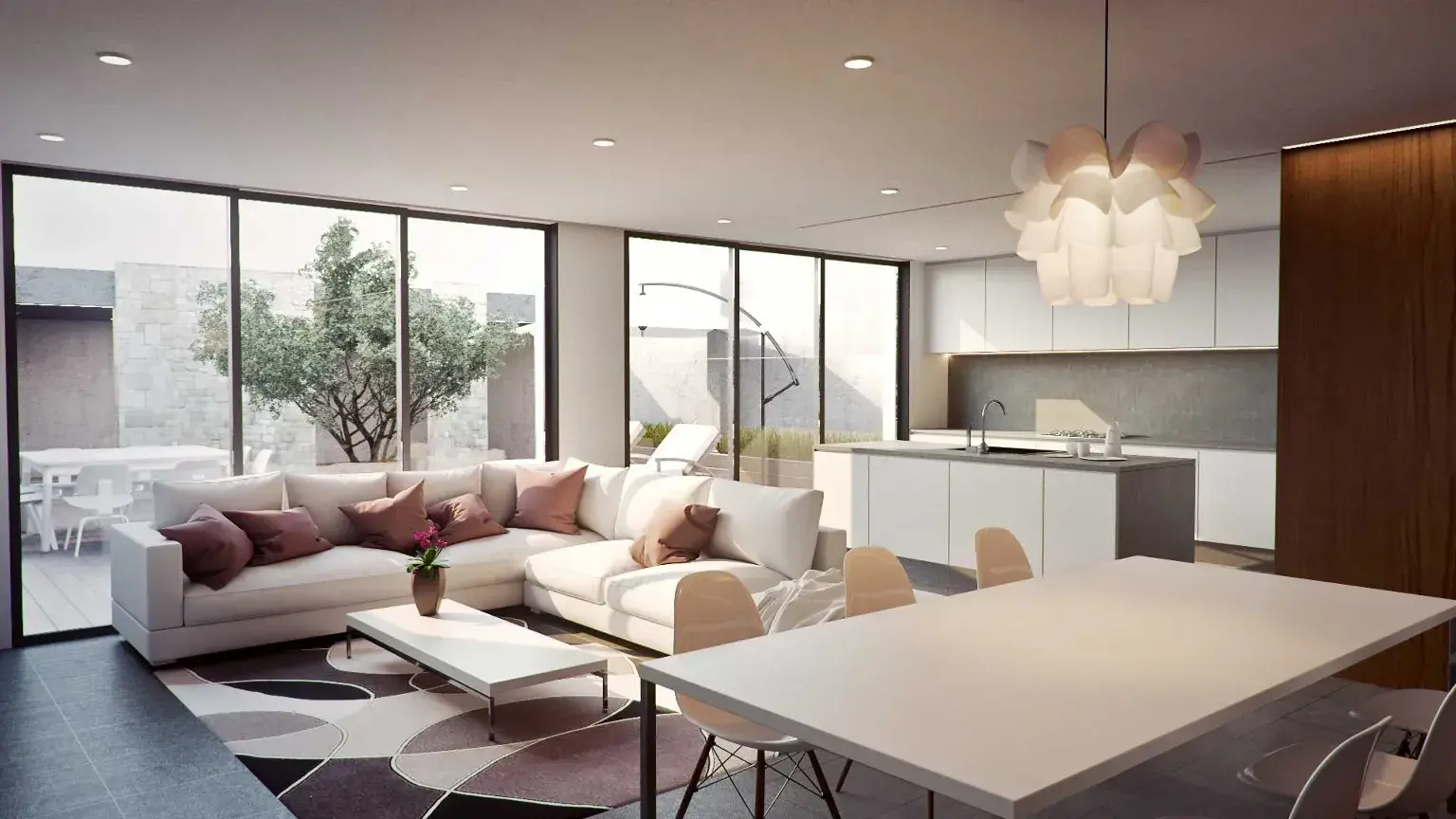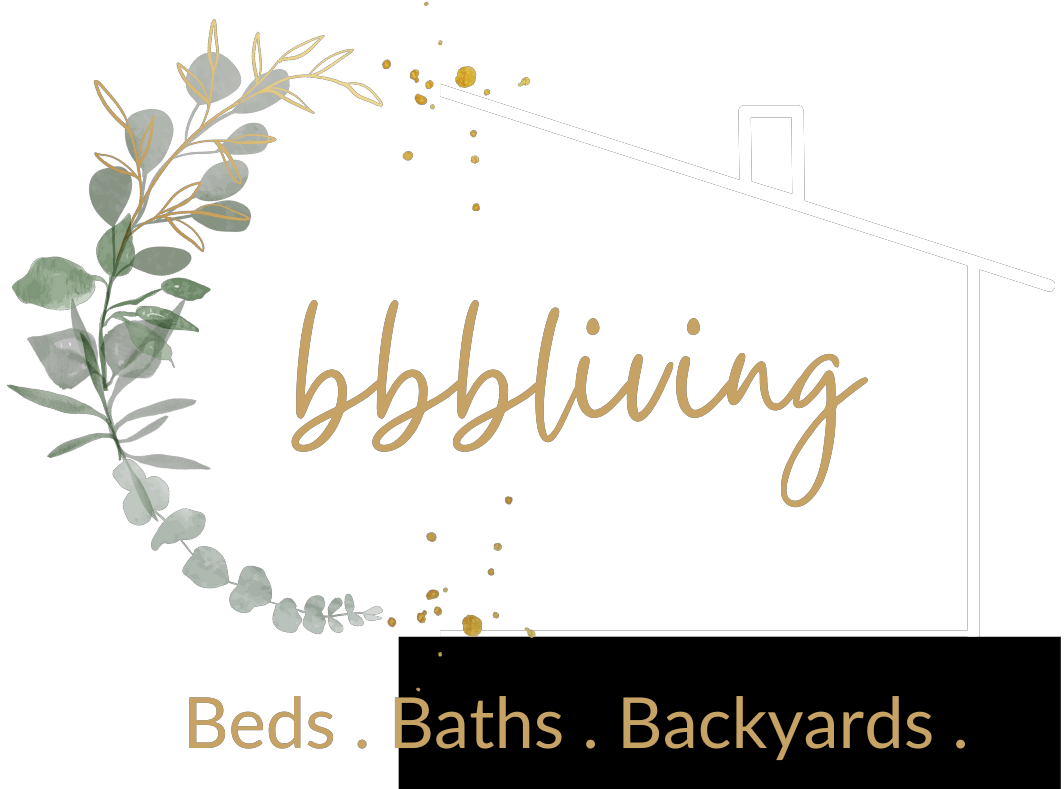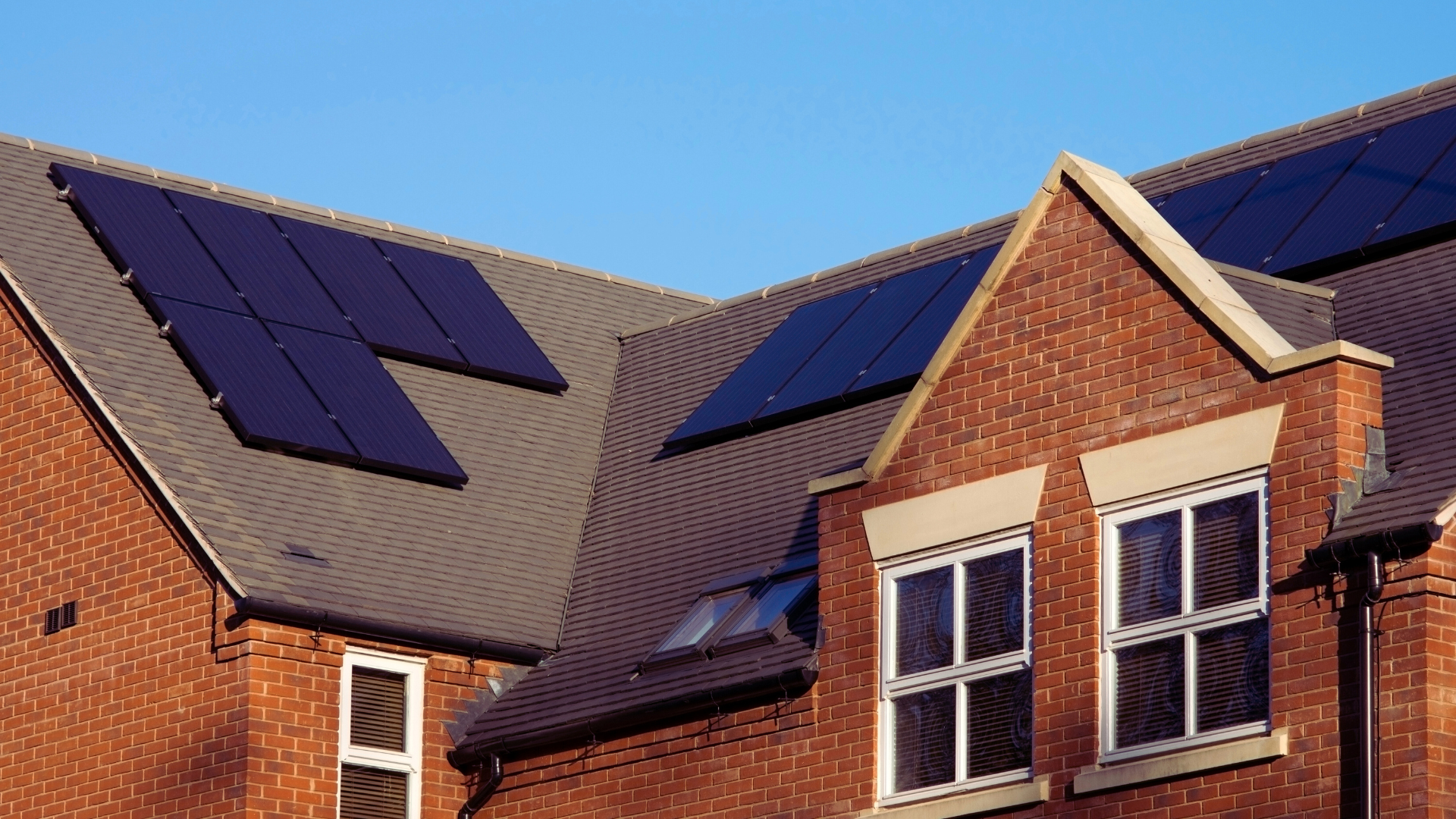Homeowners often seek ways to enhance their property value while reducing energy consumption. Investing in energy-efficient upgrades serves a dual purpose: these improvements not only lower utility bills but also significantly boost home value. With growing interest in sustainability, many buyers prioritize homes equipped with energy-saving features.
Upgrades such as energy-efficient windows, insulation, and smart thermostats can attract potential buyers. Many of these enhancements lead to energy savings that become increasingly appealing in a more eco-conscious market. As they explore options, homeowners can find that the initial investment pays off through elevated property values and reduced long-term expenses.
By focusing on practical upgrades, homeowners position themselves favorably within competitive real estate markets. Energy-efficient solutions not only contribute to personal financial benefits but also resonate with buyers who prioritize environmental responsibility.
Why Energy-Efficient Upgrades Increase Home Value
Energy-efficient upgrades enhance the appeal of a home while providing long-term financial benefits. These upgrades often lead to an increase in property value through reduced utility costs, environmental benefits, and an attractive return on investment.
The Connection Between Energy Efficiency and Property Value
Energy efficiency significantly impacts property value. Homes with energy-efficient features, like insulated windows and high-efficiency appliances, typically have lower utility bills.
Buyers often look for homes that promise reduced energy costs, making energy-efficient upgrades a priority. Properties that demonstrate lower operational costs can command higher selling prices. For example, Energy Star-rated homes sell for an average of 3-5% more than comparable homes without such features.
Environmental Impact and Market Appeal
The environmental impact of energy-efficient upgrades resonates with today’s conscientious buyers. Homes that utilize sustainable practices contribute to a reduced carbon footprint, appealing to those who prioritize green living.
Investing in energy-efficient technologies, like solar panels or smart thermostats, positions a home favorably in the market. Many buyers see these upgrades as a commitment to sustainability, which can enhance a home’s attractiveness.
Furthermore, homes in eco-friendly neighborhoods or communities often gain additional market appeal due to the collective environmental consciousness.
Understanding Return on Investment
Energy-efficient upgrades can offer substantial returns on investment (ROI). Many homeowners experience lower utility bills shortly after making these upgrades.
For instance:
- Installing LED lighting may yield a 75% reduction in energy costs compared to traditional bulbs.
- Upgrading to a high-efficiency HVAC system can deliver an ROI of up to 20% or more over its lifespan.
These upgrades not only save money but also increase the property’s market value, as buyers recognize the long-term benefits. As energy efficiency continues to be a priority for many, the financial implications of these upgrades become a persuasive factor in real estate transactions.
Key Energy-Efficient Upgrades That Boost Home Value
Energy-efficient upgrades can significantly enhance a home’s value while reducing utility costs. Implementing smart solutions not only benefits homeowners financially but also contributes positively to the environment.
Upgrading Insulation and Sealing Air Leaks
Upgrading insulation is crucial for maintaining comfortable indoor temperatures. Attic insulation, in particular, plays a significant role in energy efficiency. Properly insulated attics can reduce heating and cooling costs by up to 20%.
Sealing air leaks around windows, doors, and ducts further enhances this effect. Common materials like spray foam and weatherstripping are effective solutions. By minimizing drafts, homeowners can lower energy consumption and create a more comfortable living space.
Investing in quality insulation and air sealing can lead to a higher appraisal value. Homes boasting improved insulation attract buyers looking for energy savings.
Investing in Energy-Efficient Windows
Energy-efficient windows are a smart investment for increasing home value. These windows typically feature double or triple panes and specialized coatings that enhance thermal performance.
Homes equipped with Energy Star-rated windows not only provide better insulation but can also reduce energy bills significantly. In fact, these windows can cut heat transfer and reduce the demands on heating and cooling systems.
Additionally, many buyers prioritize energy efficiency when making home purchases. New windows can improve curb appeal and comfort, making them a crucial upgrade.
High-Performance HVAC Systems and Smart Thermostats
Upgrading to modern, high-performance HVAC systems is essential for energy efficiency. New systems are designed to use less energy while providing superior heating and cooling.
Homeowners can maximize these benefits by installing smart thermostats. These devices allow users to program heating and cooling based on their schedules, optimizing energy use. Smart thermostats can lead to savings of up to 10-15% on energy bills.
Many new HVAC systems come with energy-efficient features that comply with Energy Star standards. By investing in these systems, homeowners can reduce greenhouse gas emissions and increase their property’s market value.
Installing Solar Panels and Exploring Tax Credits
Installing solar panels is one of the most impactful energy-efficient upgrades. These systems offer significant savings on energy costs and can provide tax credits for homeowners.
Federal tax credits for solar installations can cover a substantial percentage of the installation costs. This financial incentive makes solar panels not just an eco-friendly choice, but a financially sound one.
Besides the tax benefits, solar panels enhance a property’s appeal. Many potential buyers appreciate the long-term savings offered by solar energy, making homes with these installations more attractive in the market.
Additional Eco-Friendly Home Improvements
Incorporating eco-friendly upgrades can significantly enhance a home’s value. Various options are available that not only promote sustainability but can also lead to substantial energy savings.
LED Lighting and Modern Appliances
Switching to LED lighting provides immediate benefits. LED bulbs consume up to 75% less energy than traditional incandescent bulbs, translating into lower electricity bills. Their long lifespan of up to 25,000 hours also means fewer replacements, making them cost-effective over time.
Energy-efficient appliances, particularly those with the ENERGY STAR label, are designed to use less electricity and water. Upgrading to modern appliances such as refrigerators, dishwashers, and washing machines can lead to significant savings. These appliances not only enhance energy efficiency but also attract potential buyers who prioritize sustainability.
Tankless Water Heaters for Energy Savings
Tankless water heaters offer a compelling alternative to traditional models. Instead of storing heated water, they heat water on demand, ensuring that energy is only used when necessary. This leads to efficiency gains and lower energy costs.
Many tankless systems save homeowners approximately 30% on energy bills compared to standard units. They also take up less space, appealing to buyers looking for efficiency in both energy use and home design. These features make tankless options a smart investment in any renovation.
Sustainable Kitchen Remodel Ideas
A kitchen remodel can greatly benefit from sustainable choices. Reclaimed materials for countertops and cabinets not only add character but also reduce waste. Options like bamboo cabinets are durable and sustainable.
Integrating energy-efficient appliances is essential during a remodel. Selecting ENERGY STAR-rated models minimizes resource consumption. Additionally, installing low-flow faucets saves water while maintaining a modern aesthetic. A sustainable kitchen attracts buyers interested in energy reduction and eco-conscious living.
Achieving LEED Certification
Obtaining LEED certification demonstrates a commitment to sustainability and can elevate home value. LEED (Leadership in Energy and Environmental Design) assesses various elements like energy efficiency, water use, and sustainable materials.
Homes that become LEED certified typically attract environmentally minded buyers willing to invest more due to eco-friendly credentials. Implementing strategies such as energy-efficient windows, proper insulation, and sustainable landscaping contributes to LEED credits. This certification signifies dedication to green living, providing an edge in a competitive real estate market.
Maximizing Investment Through Planning and Expert Guidance
Planning and expert guidance are essential for maximizing the return on investment in energy-efficient home upgrades. A structured approach ensures that homeowners make informed decisions and prioritize improvements that will yield the best value increase.
Conducting a Home Energy Audit
Before making any upgrades, conducting a home energy audit is crucial. This comprehensive assessment identifies areas where energy is wasted and highlights opportunities for improvement.
A qualified auditor will examine insulation, windows, appliances, and HVAC systems. They may also use specialized tools like blower doors and thermal cameras.
Homeowners can expect to receive a detailed report outlining specific recommendations. This information helps prioritize which upgrades will deliver the most significant energy cost savings and increase overall home efficiency.
Prioritizing Home Upgrades for Maximum Value
Determining which upgrades to prioritize maximizes value. Homeowners should focus on high-impact improvements that resonate with potential buyers.
Key upgrades might include:
- Insulation Improvements: Enhancing insulation reduces energy costs, allowing for greater comfort.
- Energy-Efficient Windows: Replacing old windows can yield substantial energy savings and increase curb appeal.
- Upgraded HVAC Systems: Modern systems are more efficient and attractive to buyers.
It is beneficial to consult with professionals who specialize in energy-efficient homes. They can provide insights into local market trends and preferred features among buyers. By aligning upgrades with market demand, homeowners can ensure a higher return on investment.


